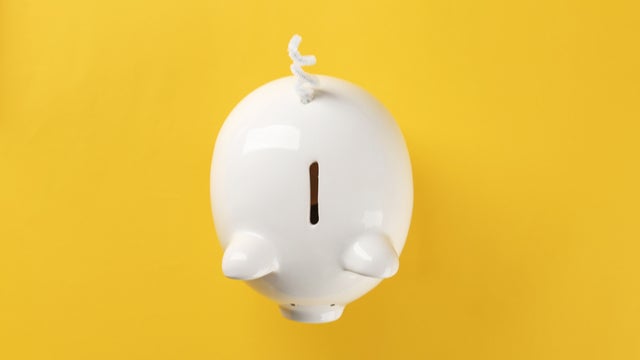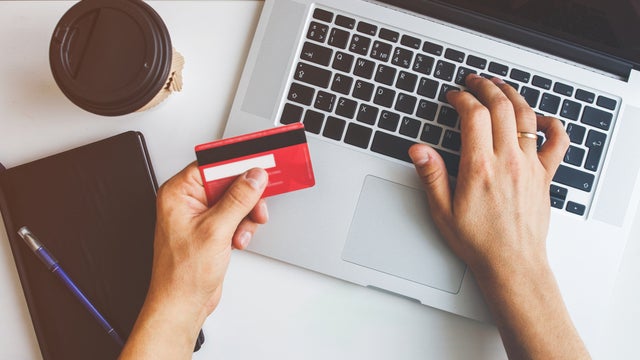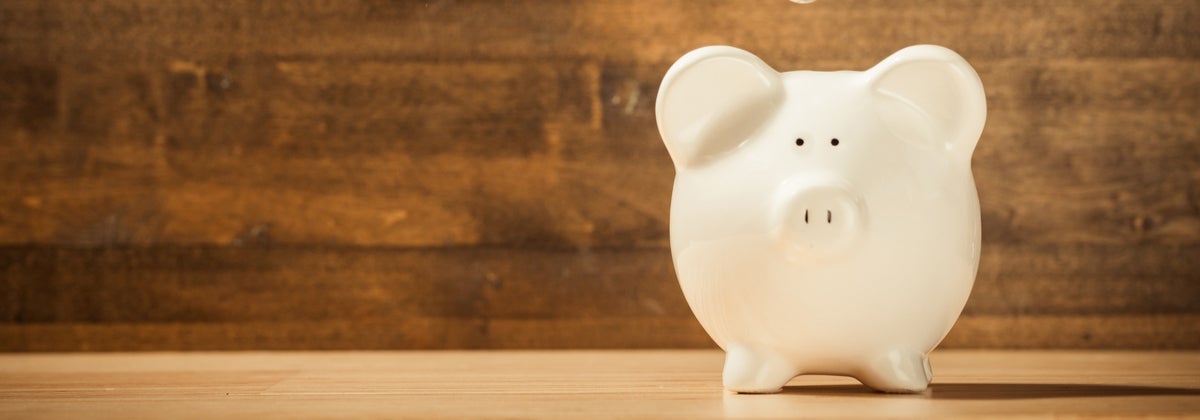Debt can be a helpful tool. It can be used as leverage to fund future prosperity, for example, borrowing to buy a property, study or start a business. But plenty of people use borrowing as a tool simply to spend future earnings, now. And used without proper care, debt can cost big time if we get in over our heads.
So far, COVID-19 has had a hefty impact on New Zealanders’ lifestyles, families and finances. If you’re currently reviewing your finances and aiming to pay off some debt, you might be questioning what to pay first. Canstar considers which debts you need to get on top of first, and why!
1. Tackle buy-now-pay-later debt
It’s a good idea to focus first on tackling any buy-now-pay-later (BNPL) debt. If you’re already behind on payments, now is a good time to get on top of them. Why? There’s no payment holidays with these kinds of systems (like there are currently being offered on mortgages in New Zealand, which we’ll discuss later in the story).
BNPL systems don’t charge interest, but make money from your spend by charging the merchant a fee for using their service, and late fees for anyone who doesn’t make a repayment on time. With Afterpay, for example, if you buy a $40 dress, and default on one payment, you’ll instantly be charged a late fee of 25% ($10). Basically, the convenience of BNPL systems come with high hidden costs when you fail to repay your debt. Penalty payments build speedily, and you risk earning a black mark on your credit history.
Tackling small debt first can also act as good motivation to get tackling further debt. Prioritising payment of small debts first is called a debt snowball, and it can be useful if you need some reassurance you’re on the right track.
2. Tackle credit card debt
Paying off any credit card debt you can is a good next course of action. Again, like BNPL systems, there’s no breaks from interest charges if you fail to make your credit card payments. Don’t worry about tackling the entire sum of your credit card debt if you can’t, just pay off the minimum amount and work from there.
It might also be worth considering switching to a different credit card provider, if you still have some income coming in. A credit card balance transfer could be a way of moving to a new credit card with a low interest rate (or interest-free) period. The aim is to completely pay off your credit card debt during that reduced-rate period. Note, though, the card could revert to a higher interest rate (revert rate) if you fail to repay your debt during the promotional period.
Compare Credit Cards for free with Canstar
3. Tackle utility debt
We all need to pay for the utilities we use, like electricity and water, but it can be easier than we think to accumulate debt on these bills. Maybe lost or forgotten bills have contributed to your debt here, or you moved house and forgot to pay the final bill. It’s worth getting in touch with your utility company to discuss your debt with them and let them know you’re keen to start paying it off. They may be able to arrange a realistic payment scheme that works for both of you. For more information on power bill hardship, check out our story on the subject.
4. Tackle personal loan debt
It’s worth talking to your personal loan lender about changing your repayment plan to aid paying off this kind of debt. A lot of personal loans will allow you to make extra repayments, so every dollar you repay above the required repayment shortens the life of the loan, as well as the overall cost. (Rates vary according to the size and duration of the loan and your credit rating).
5. Tackle mortgage debt
Due to the size and long repayment periods involved with mortgage debt, it’s the most flexible when it comes to negotiating help from a lender. If you’re facing mortgage stress due to COVID-19, there is help out there from NZ banks in the form of Mortgage Holidays, when repayments can be put on hold. The government has worked with retail banks to offer the Mortgage Repayment Holiday scheme, allowing people affected by COVID-19 to defer repayments on their residential mortgages for up to six months. The exact details of the scheme have been covered in our stories, COVID-19 Mortgage Holidays: What Banks are Doing to Help Customers and The True Cost of Taking a Mortgage Holiday.
Should I consider debt consolidation?
If you’re juggling multiple debts, getting a personal loan for debt consolidation could be a good option for streamlining your repayments and reducing the amount of interest you’re paying. If you choose a fixed-rate loan, you can better manage your budget by knowing how much to set aside for your monthly repayments. If you think this may be a possible option for you, take a look at Canstar’s Personal Loan Repayment Calculator to get an idea of the repayments involved, and compare these against the repayments you’re making on your outstanding loans. Like with any large financial decision, research thoroughly and compare your options.
Compare personal loans with Canstar
Sign up to receive more insights like this straight to your inbox.
By subscribing you agree to the Canstar Privacy Policy






Share this article